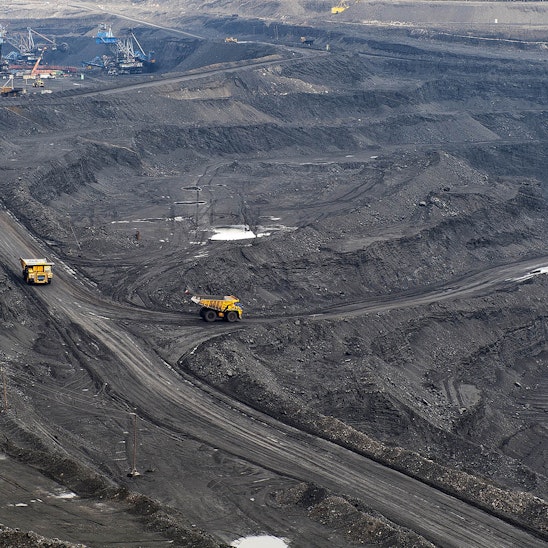

National action
At the national level, there have recently been bold moves by governments to leave fossil fuels in the ground, which suggests scope for collective coordination and international oversight of further such efforts.
Examples include moratoria on new oil exploration and production announced in 2017 and 2018 by a number of countries including New Zealand, France and Belize, as well as Costa Rica, which has a moratorium on oil exploration in place that has been extended to 2021.
There are also moratoria in place on fracking in a number of jurisdictions globally such as France, Germany, Ireland, Wales, Scotland and Uruguay, and hundreds of subnational jurisdictions. Other countries, such as the UK, Spain and China, have set near-term timetables for the phasing out of existing fossil fuels (especially coal).
Indeed, the ‘Powering Past Coal Alliance’, launched in November 2017, includes more than 25 nations that have pledged to phase out coal-fired power generation. Membership of the Alliance requires states to make (non-binding) public declarations that they will refrain from building new, unabated coal-fired power stations and will phase out existing ones. Norway’s sovereign wealth fund has also divested from coal stocks, while Ireland’s Parliament has voted to require its sovereign wealth fund to divest from all fossil fuel stocks.

Regulating private polluters
Fossil fuel companies would be subject to home country regulations when operating abroad, bringing them into line with the country’s obligations under a non-proliferation treaty.
This is crucial because just six of the largest listed oil and gas companies alone hold reserves that together would use up more than a quarter of the remaining 2°C budget.
Historically speaking, just 90 companies have caused two-thirds of anthropogenic global warming emissions, including OECD-based companies such as Chevron, Exxon, Shell and BP.
Approximately half of the estimated emissions were produced in the past 25 years – well past the date when governments and corporations became aware that rising GHG emissions from the burning of coal and oil were causing dangerous climate change.



